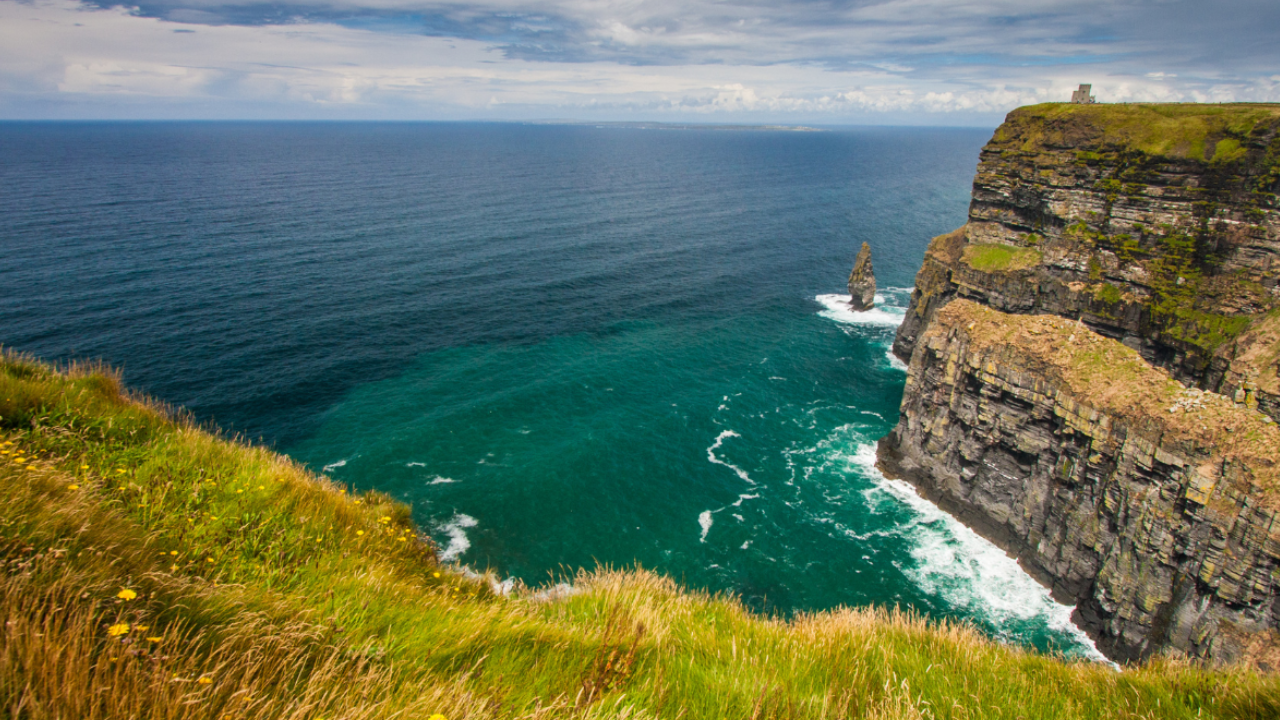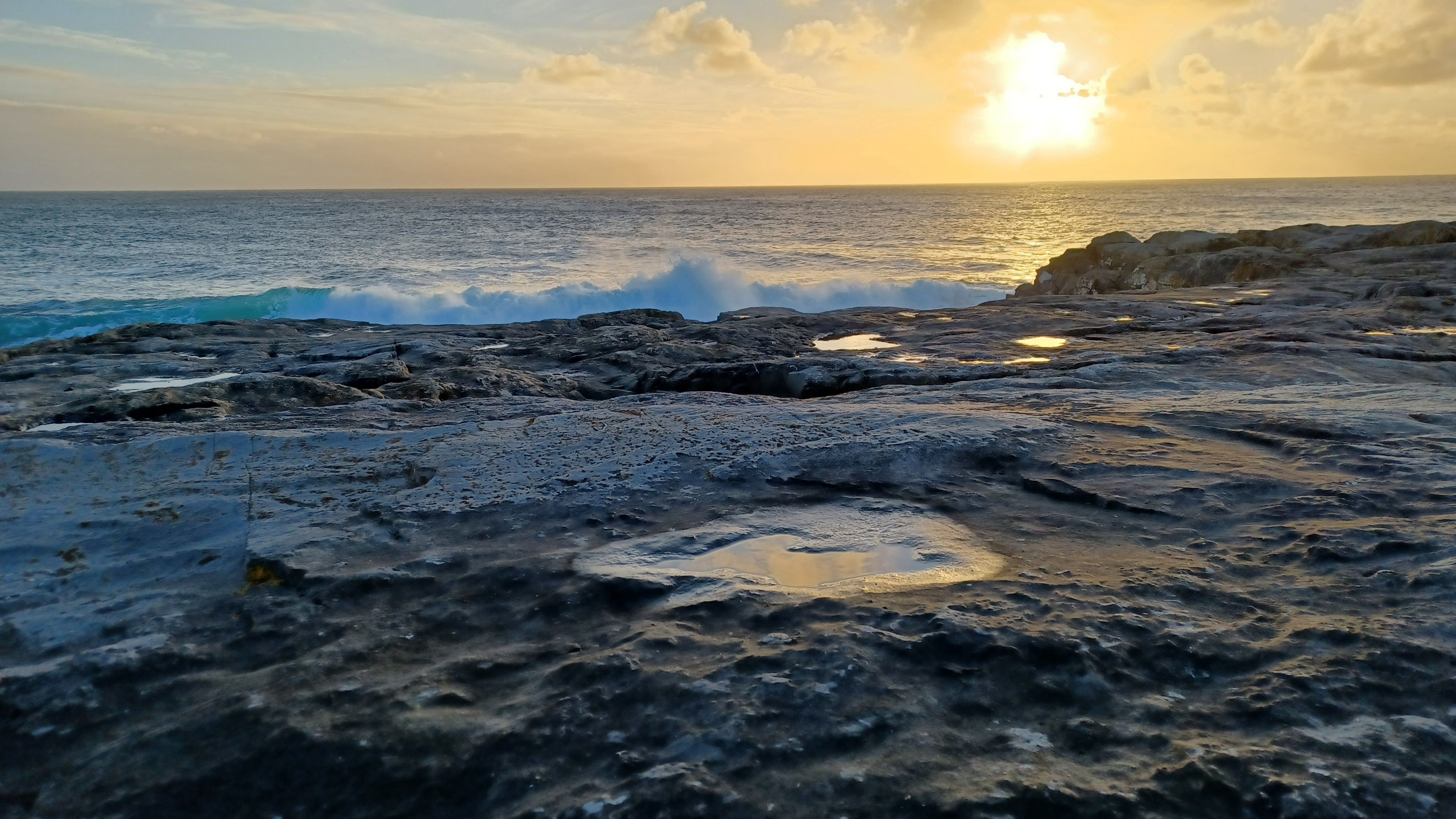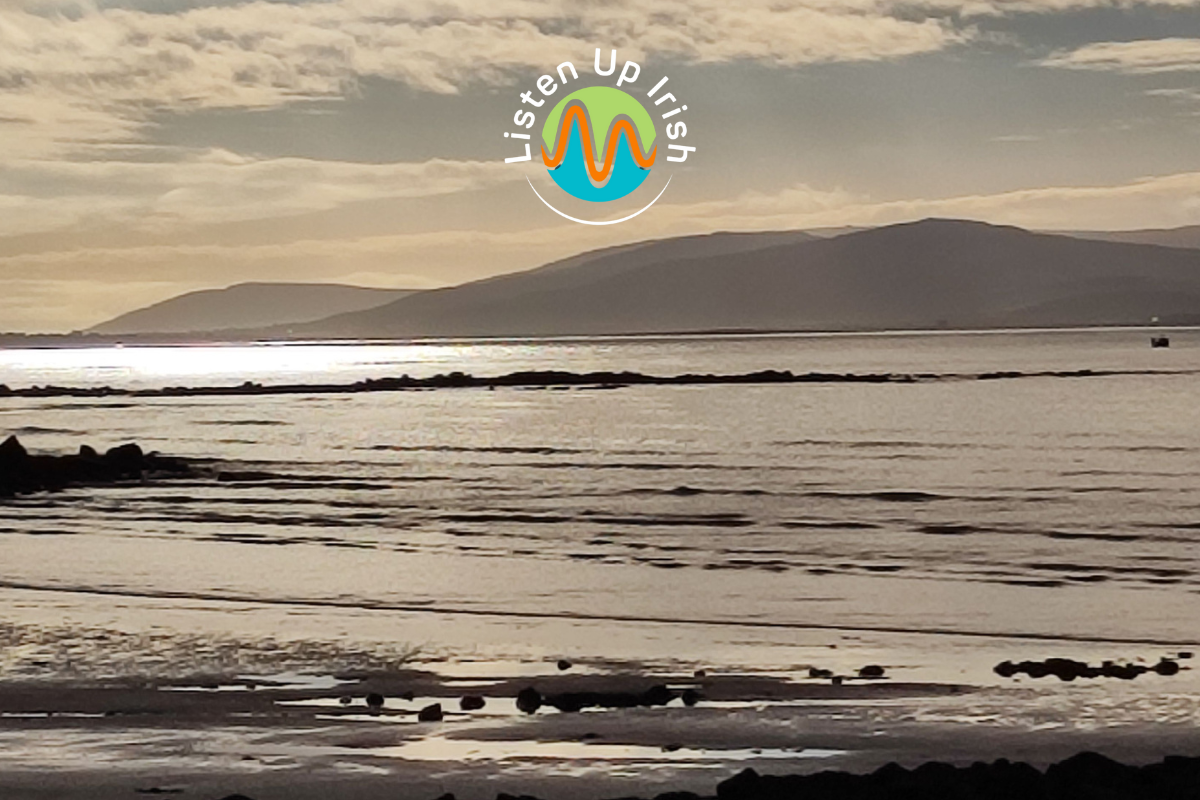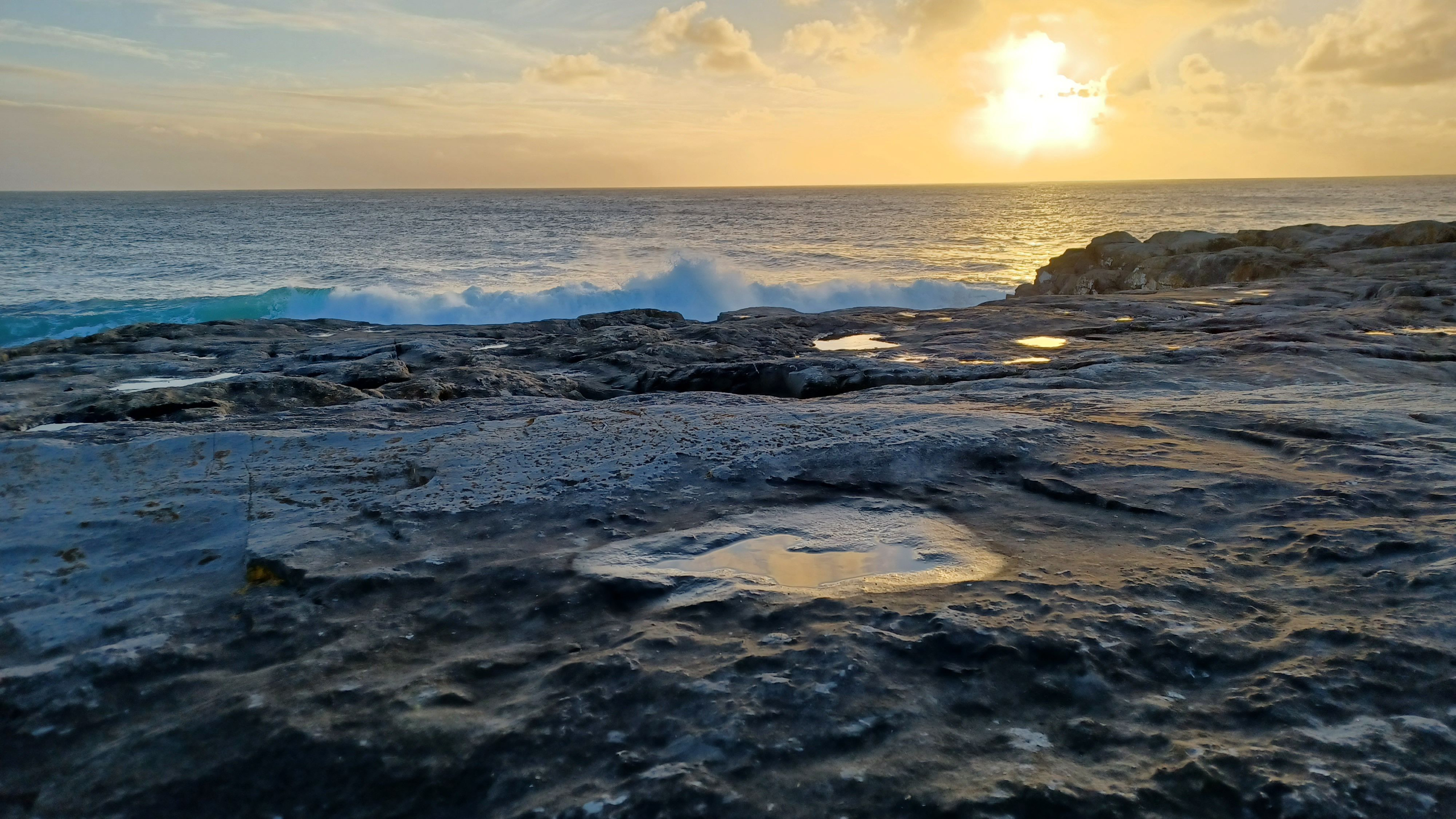Oíche Fhéile Eoin / St. John's Eve
Do you remember this poem from your schooldays? It has a feeling of summer about it, doesn't it? Imagine heading off in a little boat and not returning until midsummer, Oíche Fhéile Eoin / the eve of the feast day of John the Baptist. You can also use this poem to start to understand how to use words relating to direction in Irish.
Christian Feast Days with Pagan Roots!
Lá Fhéile Eoin / the Feast Day of St. John the Baptist is celebrated on June 24th. As with most feast days in Ireland the evening before the feast day is the main focus of the celebration: Oíche Fhéile Eoin / St. John's Eve.
St. John's Eve happens around the town of the summer solstice, when pagan celebrations to celebrate midsummer were held in the northern hemisphere. It's yet another example of a pagan holiday hijacked by the Christian calendar!
Tinte cnámh / Bonfires
As with many other pagan celebrations tinte cnámh / bonfires were burned on St. John's Eve, to bring blessings for the summer on the crops. Ashes from the bonfires were scattered on the fields to bring good luck. The tradition of lighting a bonfire on Oíche Fhéile Eoin continues in many parts of Ireland to this day.
Grianstad / Solstice
Oíche Fhéile Eoin happens around the time of grianstad an tsamhraidh / the summer solstice. On this day the sun appears at its highest point in the sky in the northern hemisphere. This position changes very little for several days. The word 'grianstad' literally means 'sun stop' as it appears as if the sun has stopped moving in the days before and after the summer solstice.
Directions in Irish
Learning directions in Irish is notoriously tricky! This is because the word used to describe traveling in a particular direction is different to the word used to describe returning from a particular direction!
Listen to this poem and notice the directions mentioned:
Crochfaidh mé seolta / I will put up the sails
Is rachaidh mé siar / and I will go west
'Is go hOíche Fhéile Eoin / and until St. John's Eve
Ní thiocfaidh mé aniar / I won't return (lit. I won't come back from the west)
Ag dul siar / Going west
When traveling westwards the word 'siar' is used.
If you know the song 'Trasna na dTonnta' you will already have come across this word:
Trasna na dTonnta / Across the waves
ag dul siar / going west
ag dul siar / going west
Ag teacht aniar / returning from the west
When returning from the west the word 'aniar' is used. (Notice that 'siar' and 'aniar' both contain 'iar')
Think of this little poem in order to remember when to use 'siar' and when to use 'aniar'.
Let's leave travel to and from the east for another day!
How to learn Irish
Using poems like this is a great way to learn Irish. Listen to the pronunciation while reading the words and start to connect the letters with the correct sounds of Irish. If you enjoy learning Irish through poetry make sure to check out the Learn Irish Through Poetry course. There are lots of other courses available to help you learn Irish online the most effective way with All About Irish. If you're not sure which course is the right one for you please contact me here.
More poems in Irish
Click on the links below to enjoy some more poems in Irish:
An tEarrach Thiar le Máirtín Ó Direáin




